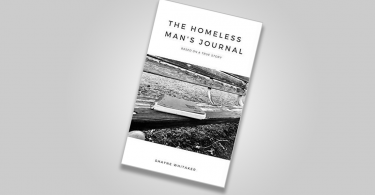Having read the incredibly popular novel, One Day, by Nicholls, I had a lot of expectations riding on Us. It was a feeling I was not experiencing alone, there was much talk about the unreasonable expectations raised about the dreaded second novel that never quite lives up to the first. Though valid fears, this is technically not exactly correct since it’s actually Nicholls’ third novel (everyone forgets about Starter for Ten, which is severely underrated).
Time machine
The structure of the novel is not a simple narrative of the present tense. It flips between the present tense, and the past. We learn how, in the present, Doug is trying to convince his wife Connie not to leave by planning for their tour of Europe to be unforgettable, which is no easy feat when their teenage son, Albie, is dragged along too. Juxtaposed alongside this is the story of how Connie and Doug met and married.
It’s a double edged sword though, because it means we build up a strong picture of characters and learn more about their past as the story progresses, explaining certain parts of their relationships, with surprises now and then. However, it can be frustrating because when a chapter of the past ends and we want to know more, it’s extraordinarily irritating to jump to the present.
Relatable and not
The way the characters are written is particularly interesting. They are so relatable and likeable but also incomprehensible at other times, making them scarily human. Another critic mentioned he would be interested in a female perspective on Connie, and whether it could be taken as an insight into the female mind. It’s not that easy, aspects of her make perfect sense, whereas other parts don’t. The glitter incident, is an example which had me completely backing Doug- who doesn’t lay down newspaper before using glitter? It gets everywhere for the next seven years otherwise.
Just finished Us by David Nicholls. As Craig Revel Horwood on Strictly would say, ‘Fab-u-lous dahhling!!’ Highly recommended…
— claudia carroll (@carrollclaudia) November 17, 2014
Connie is also slightly less likeable because of her relationship with Albie. They seem to double team Doug, who bears the brunt in order to achieve the ideal happy family. It’s difficult not to cheer on Doug throughout the novel, though he can be abhorrently narrow minded at times (his view towards studying arts subjects and pursing them as a career is repellent).
Overall, though, it is easy to read and provides much food for thought- particularly on parenting and relationships after the honeymoon period. The ending is not a cliche, but hopeful with a few questions unanswered together with a sense of satisfaction that things are tying up nicely.








